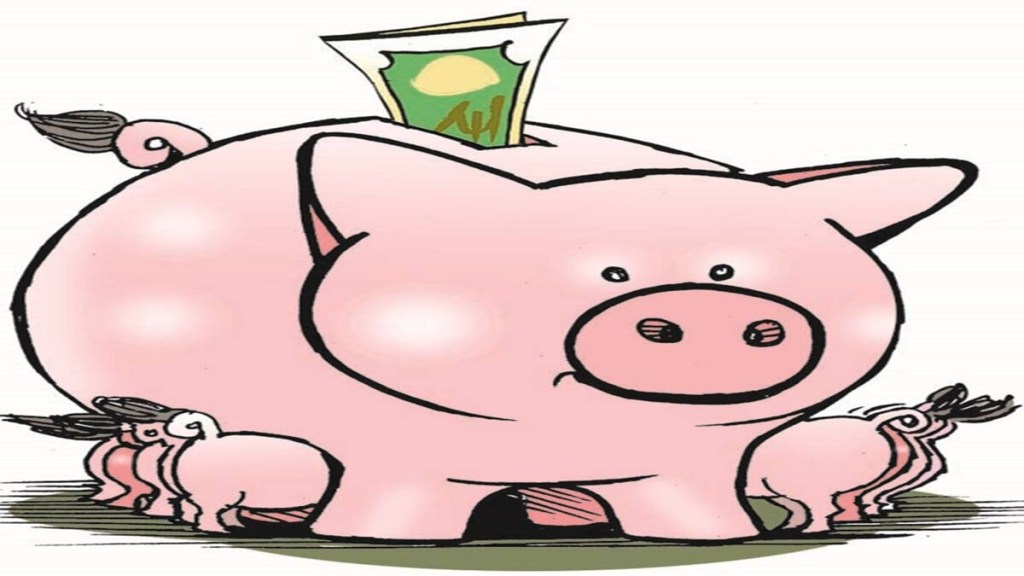Share prices of asset management companies (AMCs) surged on Friday after the Securities and Exchange Board of India (Sebi) in a board meeting announced that it will issue a fresh consultation paper on the total expense ratio (TER) for mutual fund houses.
Nippon Life Indian AMC rose nearly 15%, followed by HDFC AMC (12%), Shriram AMC (10%) and UTI AMC (8.29%). Aditya Birla Sun Life AMC rose nearly 4% intra-day, but shed some gains and settled 1% up from its previous close of `369.90.
To increase transparency in the fees imposed on unitholders, the market regulator had earlier published a consultation paper proposing to impose a consistent total expense ratio (TER) for all mutual fund schemes.
The proposal was to include charges like brokerage fee and
GST under TER. Further, it was proposed to remove the 5 basis points’ charge on those schemes where there is a provision for exit load.
Sebi chairperson Madhabi Puri Buch in a board meet on June 28 said the board has postponed the decision after reviewing new data on charges provided by industry bodies. She said the industry would be pleased by the new proposal.
“With the Sebi proposing a significant change in TER draft paper, we expect the underperformance in AMC stocks to take a backseat in the near future,” said Manish Chowdhury, head of research, StoxBox.
According to Chowdhury, while performance-linked TER and bifurcation of hybrid TER between debt and equity were some of the contentious issues in
the last Sebi proposal, these are expected to get a harder and more concrete look this time around.
“Moreover, we feel that AMCs would push for statutory levies in TERs and would closely await clarity on arbitrage funds in the new proposal which is expected to be released in the near future,” Chowdhury added.
TER represents the overall cost borne by mutual funds in managing and operating a mutual fund scheme. It includes various expenses such as fund management fees, administrative charges, and other operational costs.
The income of AMCs rises with an increase in TER, and vice versa. As a result, the profitability of AMCs would have suffered if the proposal to lower TER had been accepted.
The Association of Mutual Funds in India had urged Sebi to consider keeping additional costs and taxes like GST, brokerage expense and stamp duty outside the purview of TER.
“Big house AMCs may not be much impacted by this, but small mutual fund distributors may face a visible impact in term of margins. Scheme switching charges was a big loophole for the mutual fund industry and a major source of income of MF house earnings,” said VLA Ambala, an independent research analyst.


